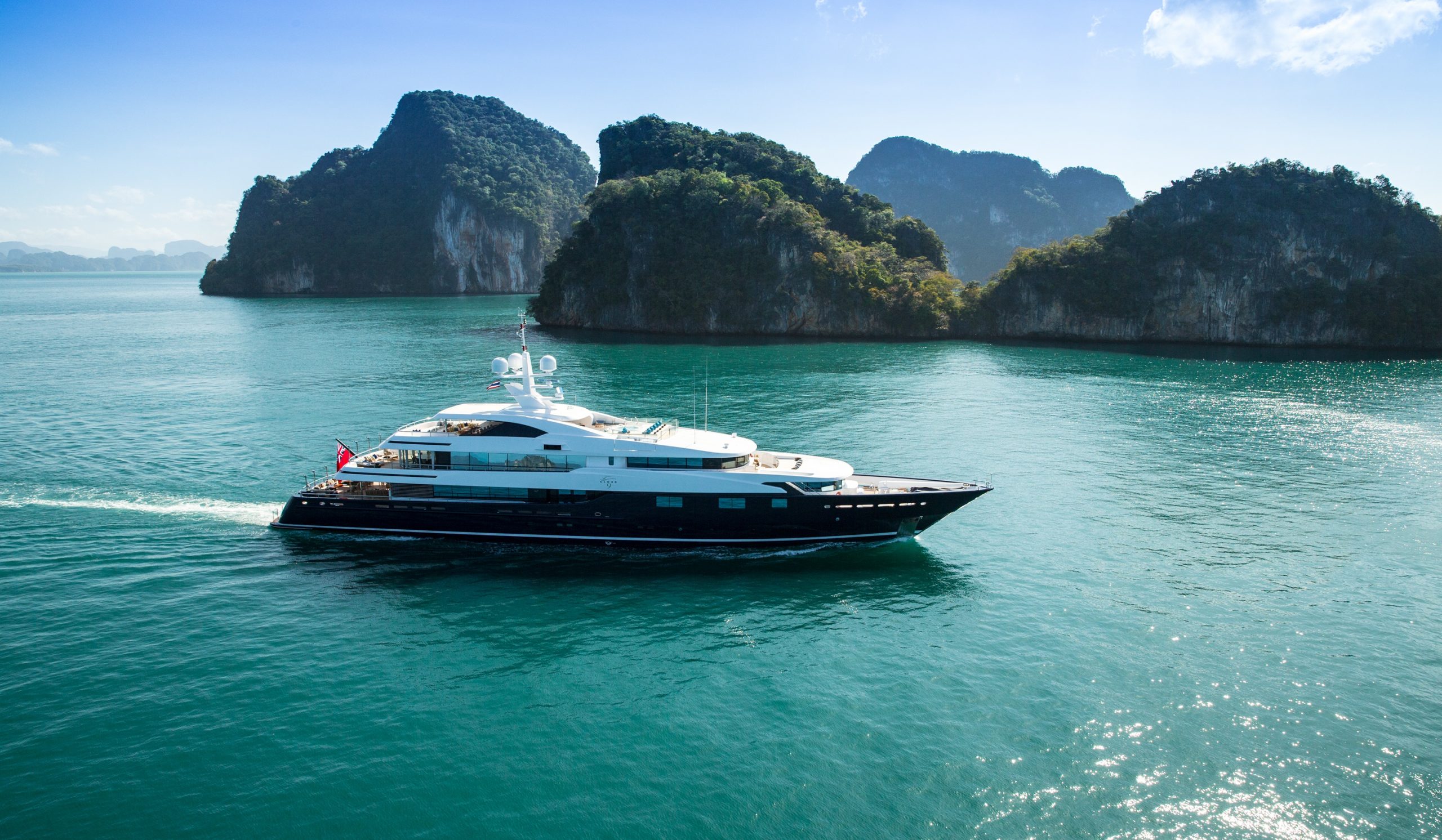In Turkish law, there are two primary registries for ships: the Turkish National Ship Registry and the Turkish International Ship Registry. The Turkish National Ship Registry is primarily for Turkish commercial vessels, governed by provisions in the Turkish Commercial Code numbered 6102. Also The Turkish International Ship Registry, established as a second registry through the Law numbered 4490 in 1999, allows for the registration of cargo ships, passenger ships, offshore fishing vessels, and also only commercial yachts.
According to Article 5 of the Turkish International Ship Registry Code, the owner of a ship or yacht must be either a Turkish national or a foreign national residing in Turkey, or a company established under Turkish law. Notably, Turkish law allows for the easy establishment of one-person companies.
Additionally, ships and yachts procured through financial leasing from abroad can be registered under a special column in the Turkish International Ship Registry in the name of the lessee. However, vessels under bareboat charter agreements cannot be registered in this international registry. Importantly, for registration in the Turkish International Ship Registry, a ship or commercial yacht must either be built in Turkey or imported from abroad with a gross register tonnage (GRT) exceeding 300.
Ships and yachts registered in the Turkish International Ship Registry gain the right to fly the Turkish flag but do not have direct cabotage rights. Moreover, income derived from the operation and transfer of registered ships and yachts is exempt from income tax, corporate tax, and funds. Additionally, insurance (P&I or Hull & Machinery) for these registered ships and yachts can be obtained abroad, and transactions such as purchase, sale, mortgage, registration, credit, and freight contracts are exempt from stamp duties, fees, taxes related to banking and insurance transactions, and funds.
The Turkish International Ship Registry entails two main payment obligations: registration fees and tonnage tax/fees. According to Article 12 of the Law numbered 4490, the registration fee is in Turkish Lira equivalent to $10,000 USD plus $1 USD per net ton. For yachts, a fixed registration fee of $5,000 USD is charged. The annual tonnage fee is $1 USD per net ton for both ships and yachts, applicable for each calendar year.
On July 9, 2024, an update were made in the Turkish International Ship Registry Code. In line with the International Maritime Organization’s (IMO) efforts to combat climate change and reduce greenhouse gas emissions (zero emission), new regulations have been introduced. Notably, ships and yachts newly registered in the Turkish International Ship Registry, which use a non-fossil fuel energy source as their main propulsion system, are exempt from registration fees and pay half of the annual fee.
This legislative change was published in the Turkish Official Gazette dated July 9, 2024. The rationale behind the amendment emphasizes the global priority of reducing fossil fuel consumption, with Turkey aligning its policies by incentivizing the adoption of environmentally friendly ships into its maritime fleet. This adjustment aims to position ships and yachts using. non-fossil fuel energy sources under the Turkish flag as environmentally sound vessels.
The luxury yacht construction sector, especially in superyachts and megayachts, increasingly favors energy types such as hybrid, electric, solar-powered, or green hydrogen, ensuring zero emissions. This trend suggests that super yachts relying on tons of fossil fuels like gasoline, diesel, or natural gas may diminish in the future, contributing to environmental conservation efforts. It is encouraging that Turkish law supports such initiatives, with Antalya shipyards leading globally alongside Tuzla and Gölcük shipyards, who should further enhance their environmental efforts in yacht construction.



Comments are closed